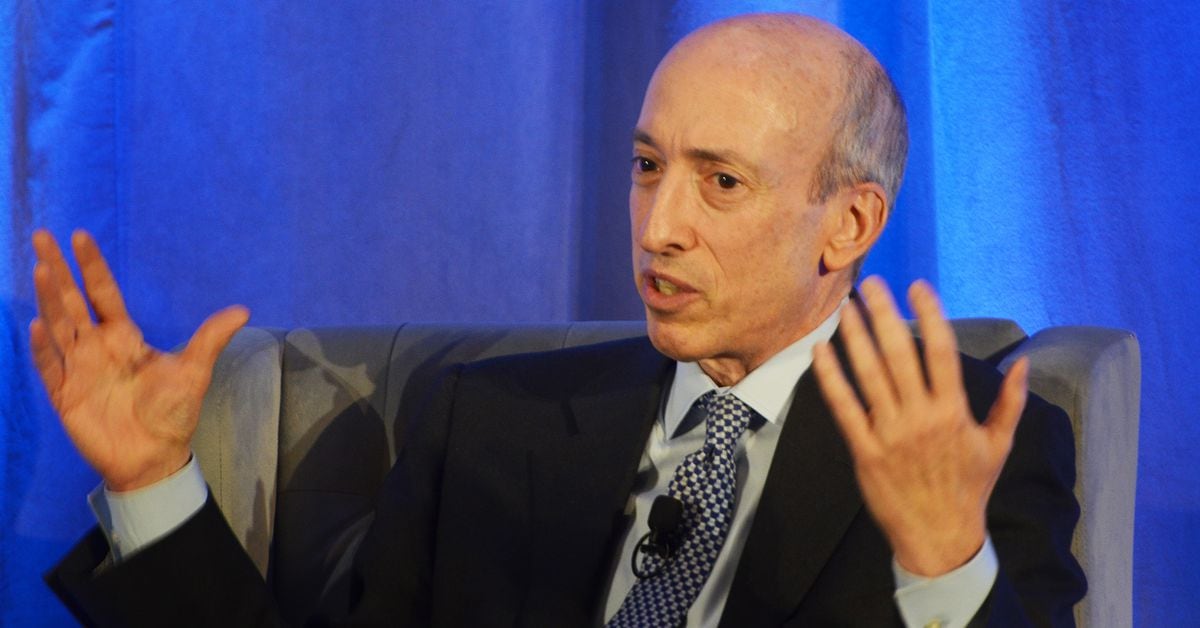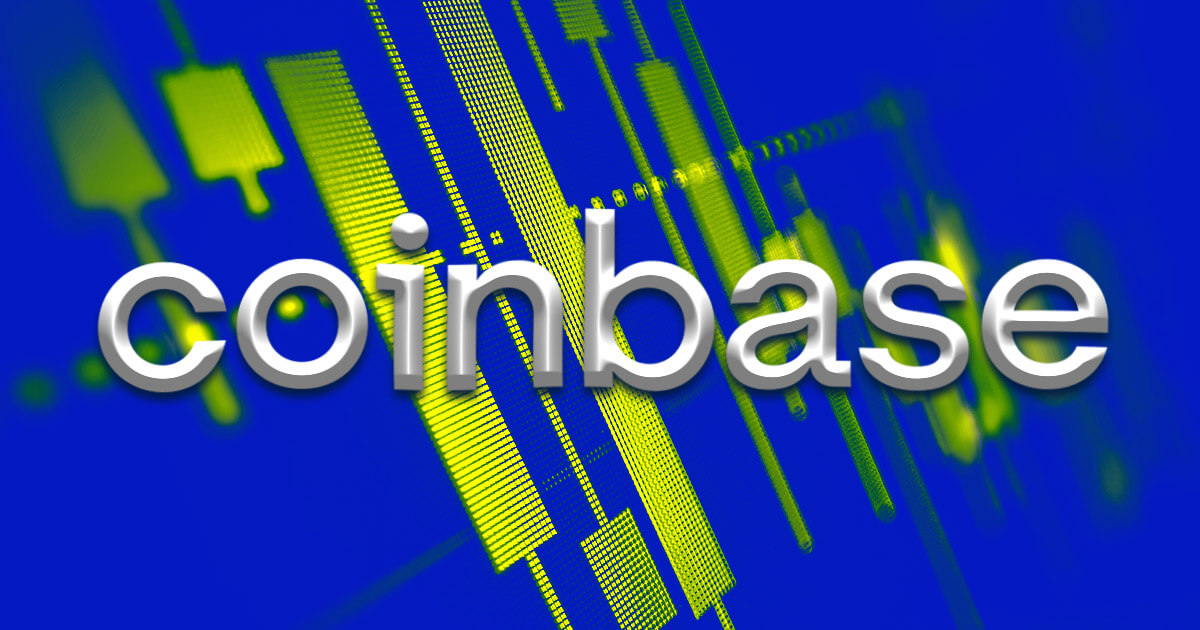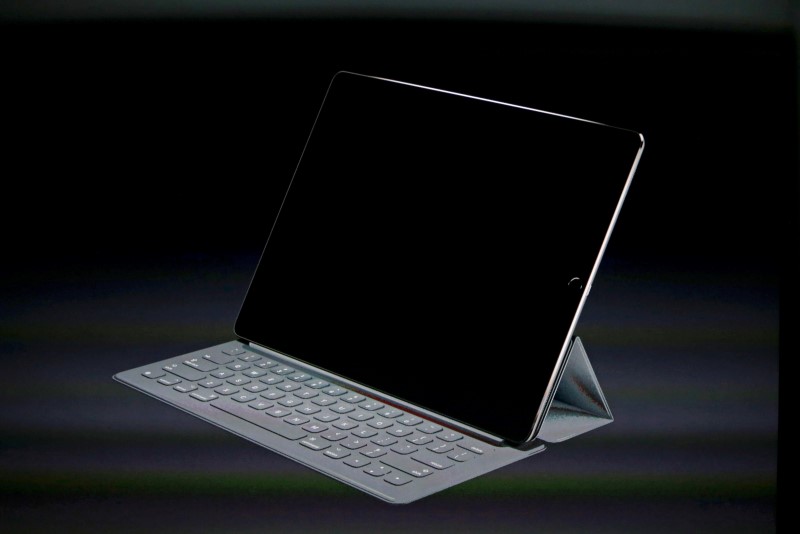[ad_1]
At first glance, 2022 in crypto looks like nothing other than an outright catastrophe. We had the expected bear market grind, as predicted by Bitcoin’s four-year halving cycles, coupled with the domino-rally collapse of ecosystems and entities, from Terra/Luna to, most damagingly of all, FTX.
With that in mind, anything that was able to demonstrate ongoing growth within this crumbling landscape should register as worthy of attention, and if we look closely, we can find just such a candidate for closer inspection.
Throughout 2022, and continuing now into the new year, the Arbitrum Layer 2 network has become increasingly active and shown consistent expansion, setting it apart from the rest of crypto, and indicating significant future potential as wider crypto sentiment begins (for now, at least) to improve.
What Are Layer 2s and Why Are They Important?
A Layer 1 blockchain is an independent blockchain at the base of an ecosystem. This means the likes of Bitcoin, Ethereum, Solana, Cardano, Avalanche, and more. From this foundation, a Layer 2 refers to an additional chain that operates on top of or alongside, and in communication with, a Layer 1.
Keep Reading
The purpose of Layer 2, in general, is to take user activity off Layer 1, easing the network and allowing for faster transactions and lower costs. Ultimately, activity on Layer 2 will be regularly settled back on Layer 1, meaning Layer 1 remains foundational and provides security.
Very often, when people talk about Layer 2s, it’s with reference to Ethereum and its growth. Layer 2s are critical to Ethereum’s future since Ethereum has well-documented problems when it comes to scaling. Basically, the network can become congested, and transaction costs sometimes soar to levels incompatible with mass adoption.
It is proposed that Layer 2s offer the solution (or part of the solution) by which Ethereum can scale and achieve mainstream integration, and chief among these complementary chains is Arbitrum.
What Is Happening on Arbitrum?
Arbitrum was developed by a group called Offchain Labs, and launched to developers as Arbitrum One back in May 2021. There was a subsequent upgrade, called Arbitrum Nitro, last August, which was lauded for reducing fees and increasing network throughput.
Also, in August last year (following a limited July launch for developers), Arbitrum launched a second Layer 2 chain, called Arbitrum Nova. This alternative chain is optimized for web3 gaming and social applications, while Arbitrum One, the original chain, is for more general use, including DeFi applications.
Since gaming and social applications could potentially garner greater mainstream interest in crypto and web3, as compared to DeFi, this development of a specialist chain looks to be a prescient move that places Arbitrum in an advantageous position.
Looking at network data, we can see consistent user growth really taking off from February 2022, and continuing through until November, with the number of users rising from under 40,000 in January to over 370,000 at year-end. Transaction counts were slower to take off but experienced a noticeable surge in Q4 2022.
Check out the FSML22 session on “Digital Assets’ Marketing under a Magnifying Glass.”
Meanwhile, network TVL grew (with all measurements included) to around $3.3 billion from launch through to November 2021, although that figure now sits at around $1.78 billion. While this represents a decline, it’s not nearly as precipitous as that evident on comparable Layer 2 and alternative Layer 1 networks (such as Optimism, Solana and Avalanche) throughout the same period, and Arbitrum has enjoyed a gradual upwards recovery since July 2022.
Additionally, if you take a look at the top Ethereum accounts by balance, you’ll find that the Arbitrum Bridge wallet is placed at number seven, providing evidence of real use taking place as ETH is bridged over to Arbitrum.
On the whole, and counter to the wintery bear market storm that gusted severely throughout 2022, we can witness Arbitrum positioning itself as a low-cost, high-speed scaling solution, secured by Ethereum, and favored by an active community of developers.
Gain Exposure to Arbitrum
Unusually in the world of crypto, Arbitrum has no token of its own. This can be taken as a positive, developers will not bring yet another token into existence without there being some clear practical necessity for it, but it means that to gain exposure to Arbitrum, you’ll need to look at buying into the projects being built and used on the network.
Again, though, this can be taken positively, as it allows for diversification within the ecosystem, and guides traders and investors to gain familiarity with what’s actually being developed.
Some initial routes to examine, with their own native tokens and good potential (but, as with all things crypto, no shortage of risk), include:
GMX, a derivatives exchangeRadiant Capital, an omnichain lending protocolDopex, an options exchangeTreasure, a web3 gaming platform
Additionally, there are many Arbitrum-based NFT projects, which can be easily bought into and traded. These can be found on Trove, which is a dedicated Arbitrum marketplace, and also on the major NFT platform OpenSea, which supports Arbitrum collections.
Overall, Arbitrum is a busily growing network with many avenues to explore, from DeFi to gaming and NFTs, and within its interconnected communities, there is no shortage of optimism for the future of web3 and crypto.
At first glance, 2022 in crypto looks like nothing other than an outright catastrophe. We had the expected bear market grind, as predicted by Bitcoin’s four-year halving cycles, coupled with the domino-rally collapse of ecosystems and entities, from Terra/Luna to, most damagingly of all, FTX.
With that in mind, anything that was able to demonstrate ongoing growth within this crumbling landscape should register as worthy of attention, and if we look closely, we can find just such a candidate for closer inspection.
Throughout 2022, and continuing now into the new year, the Arbitrum Layer 2 network has become increasingly active and shown consistent expansion, setting it apart from the rest of crypto, and indicating significant future potential as wider crypto sentiment begins (for now, at least) to improve.
What Are Layer 2s and Why Are They Important?
A Layer 1 blockchain is an independent blockchain at the base of an ecosystem. This means the likes of Bitcoin, Ethereum, Solana, Cardano, Avalanche, and more. From this foundation, a Layer 2 refers to an additional chain that operates on top of or alongside, and in communication with, a Layer 1.
Keep Reading
The purpose of Layer 2, in general, is to take user activity off Layer 1, easing the network and allowing for faster transactions and lower costs. Ultimately, activity on Layer 2 will be regularly settled back on Layer 1, meaning Layer 1 remains foundational and provides security.
Very often, when people talk about Layer 2s, it’s with reference to Ethereum and its growth. Layer 2s are critical to Ethereum’s future since Ethereum has well-documented problems when it comes to scaling. Basically, the network can become congested, and transaction costs sometimes soar to levels incompatible with mass adoption.
It is proposed that Layer 2s offer the solution (or part of the solution) by which Ethereum can scale and achieve mainstream integration, and chief among these complementary chains is Arbitrum.
What Is Happening on Arbitrum?
Arbitrum was developed by a group called Offchain Labs, and launched to developers as Arbitrum One back in May 2021. There was a subsequent upgrade, called Arbitrum Nitro, last August, which was lauded for reducing fees and increasing network throughput.
Also, in August last year (following a limited July launch for developers), Arbitrum launched a second Layer 2 chain, called Arbitrum Nova. This alternative chain is optimized for web3 gaming and social applications, while Arbitrum One, the original chain, is for more general use, including DeFi applications.
Since gaming and social applications could potentially garner greater mainstream interest in crypto and web3, as compared to DeFi, this development of a specialist chain looks to be a prescient move that places Arbitrum in an advantageous position.
Looking at network data, we can see consistent user growth really taking off from February 2022, and continuing through until November, with the number of users rising from under 40,000 in January to over 370,000 at year-end. Transaction counts were slower to take off but experienced a noticeable surge in Q4 2022.
Check out the FSML22 session on “Digital Assets’ Marketing under a Magnifying Glass.”
Meanwhile, network TVL grew (with all measurements included) to around $3.3 billion from launch through to November 2021, although that figure now sits at around $1.78 billion. While this represents a decline, it’s not nearly as precipitous as that evident on comparable Layer 2 and alternative Layer 1 networks (such as Optimism, Solana and Avalanche) throughout the same period, and Arbitrum has enjoyed a gradual upwards recovery since July 2022.
Additionally, if you take a look at the top Ethereum accounts by balance, you’ll find that the Arbitrum Bridge wallet is placed at number seven, providing evidence of real use taking place as ETH is bridged over to Arbitrum.
On the whole, and counter to the wintery bear market storm that gusted severely throughout 2022, we can witness Arbitrum positioning itself as a low-cost, high-speed scaling solution, secured by Ethereum, and favored by an active community of developers.
Gain Exposure to Arbitrum
Unusually in the world of crypto, Arbitrum has no token of its own. This can be taken as a positive, developers will not bring yet another token into existence without there being some clear practical necessity for it, but it means that to gain exposure to Arbitrum, you’ll need to look at buying into the projects being built and used on the network.
Again, though, this can be taken positively, as it allows for diversification within the ecosystem, and guides traders and investors to gain familiarity with what’s actually being developed.
Some initial routes to examine, with their own native tokens and good potential (but, as with all things crypto, no shortage of risk), include:
GMX, a derivatives exchangeRadiant Capital, an omnichain lending protocolDopex, an options exchangeTreasure, a web3 gaming platform
Additionally, there are many Arbitrum-based NFT projects, which can be easily bought into and traded. These can be found on Trove, which is a dedicated Arbitrum marketplace, and also on the major NFT platform OpenSea, which supports Arbitrum collections.
Overall, Arbitrum is a busily growing network with many avenues to explore, from DeFi to gaming and NFTs, and within its interconnected communities, there is no shortage of optimism for the future of web3 and crypto.
[ad_2]













